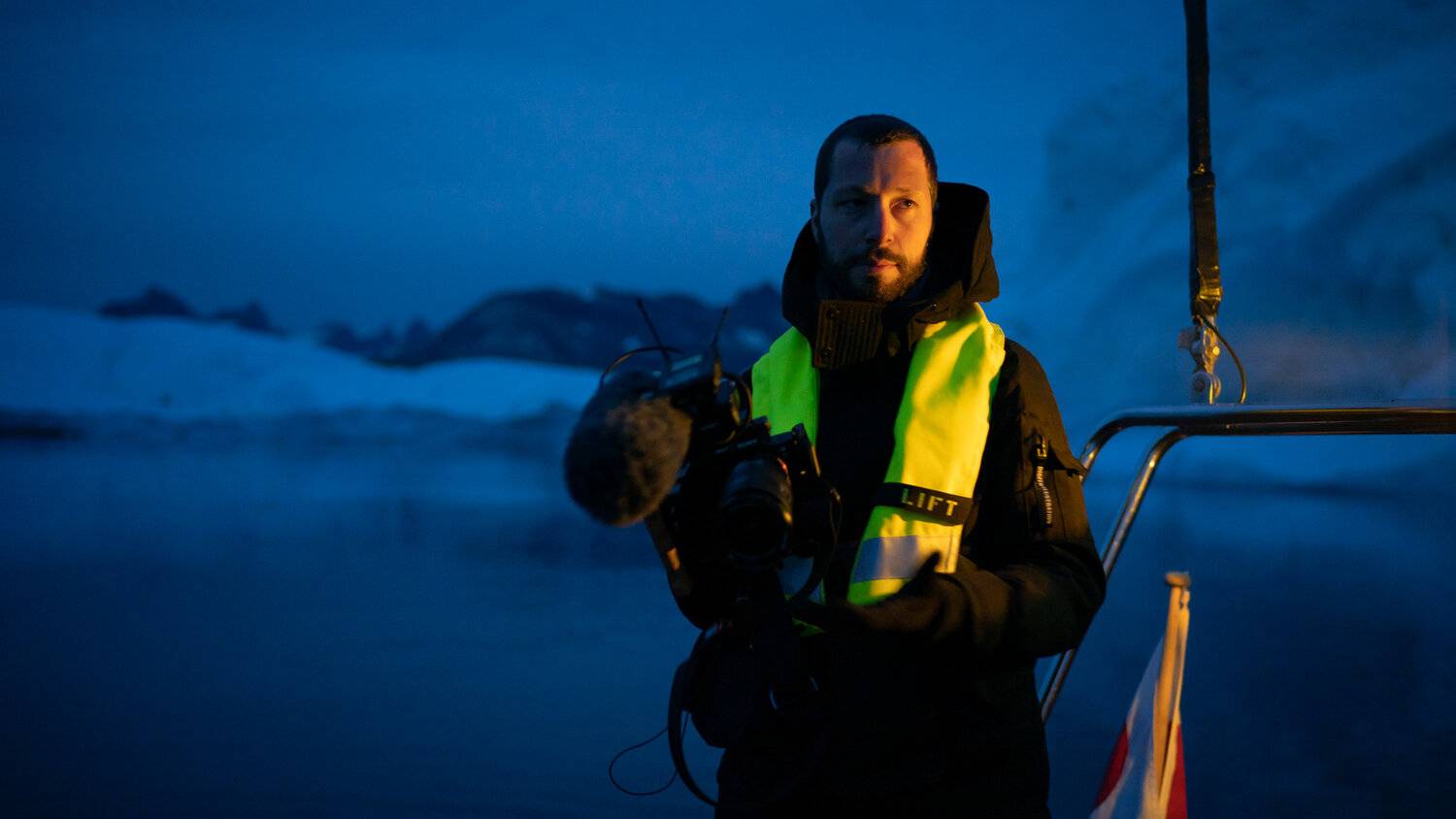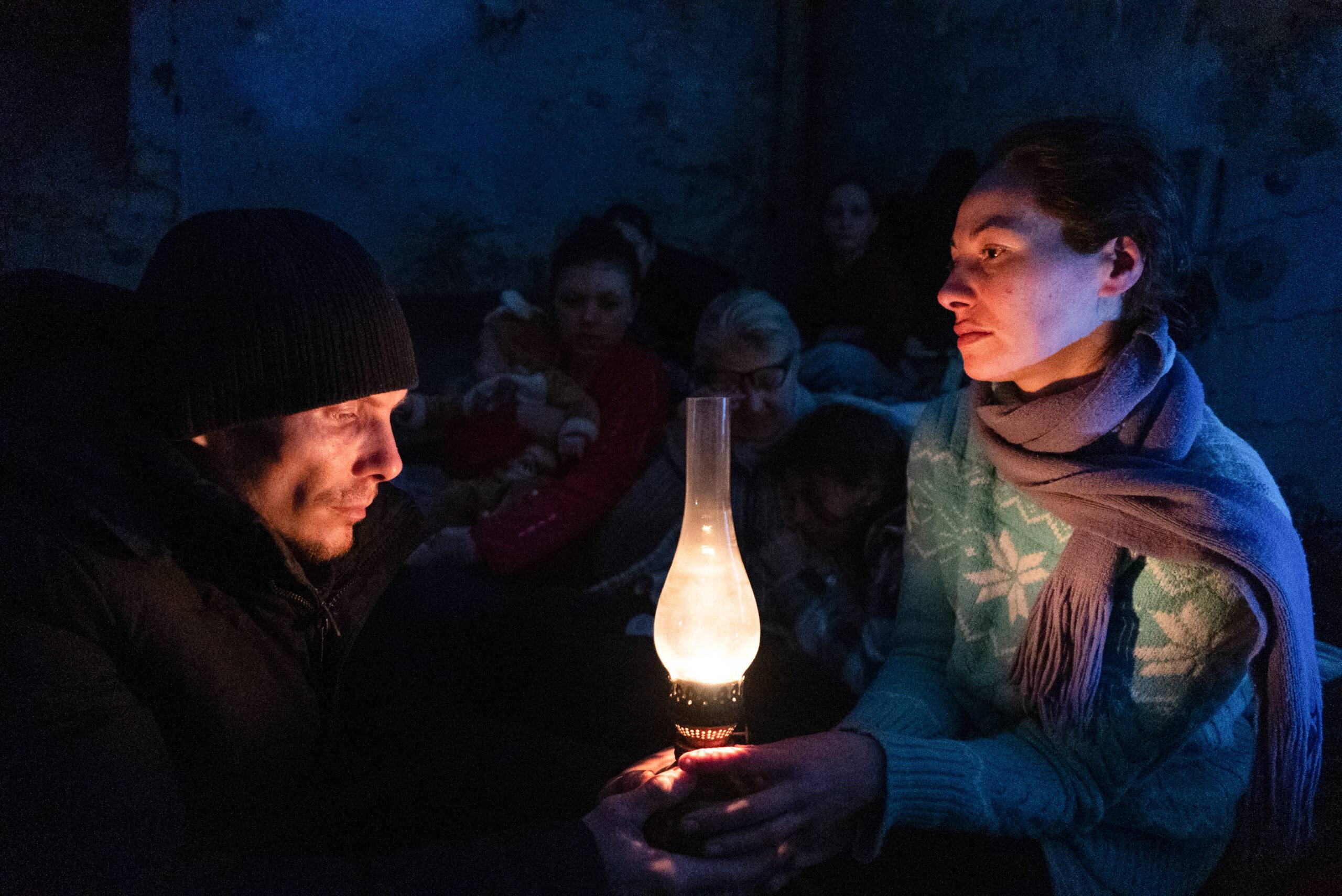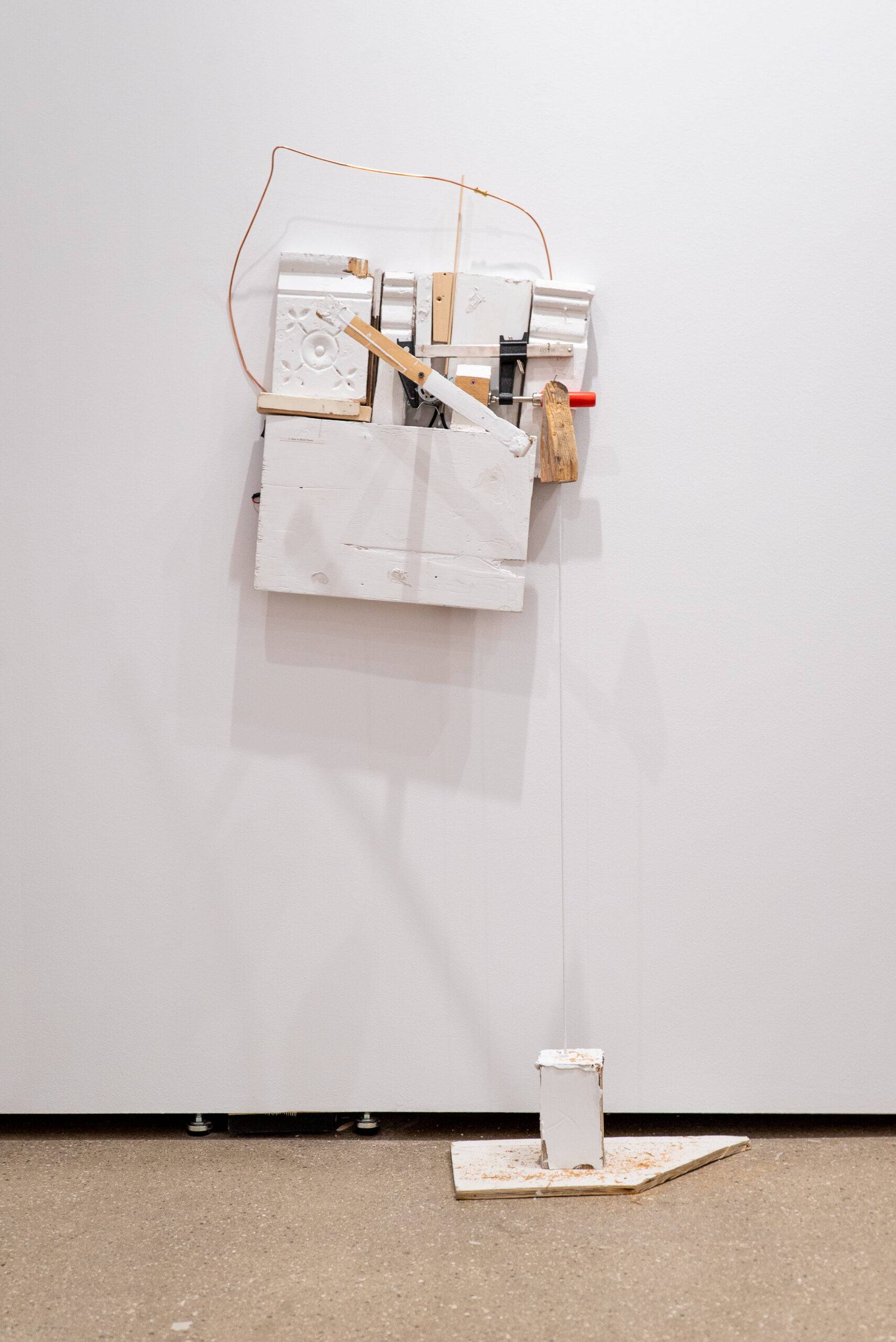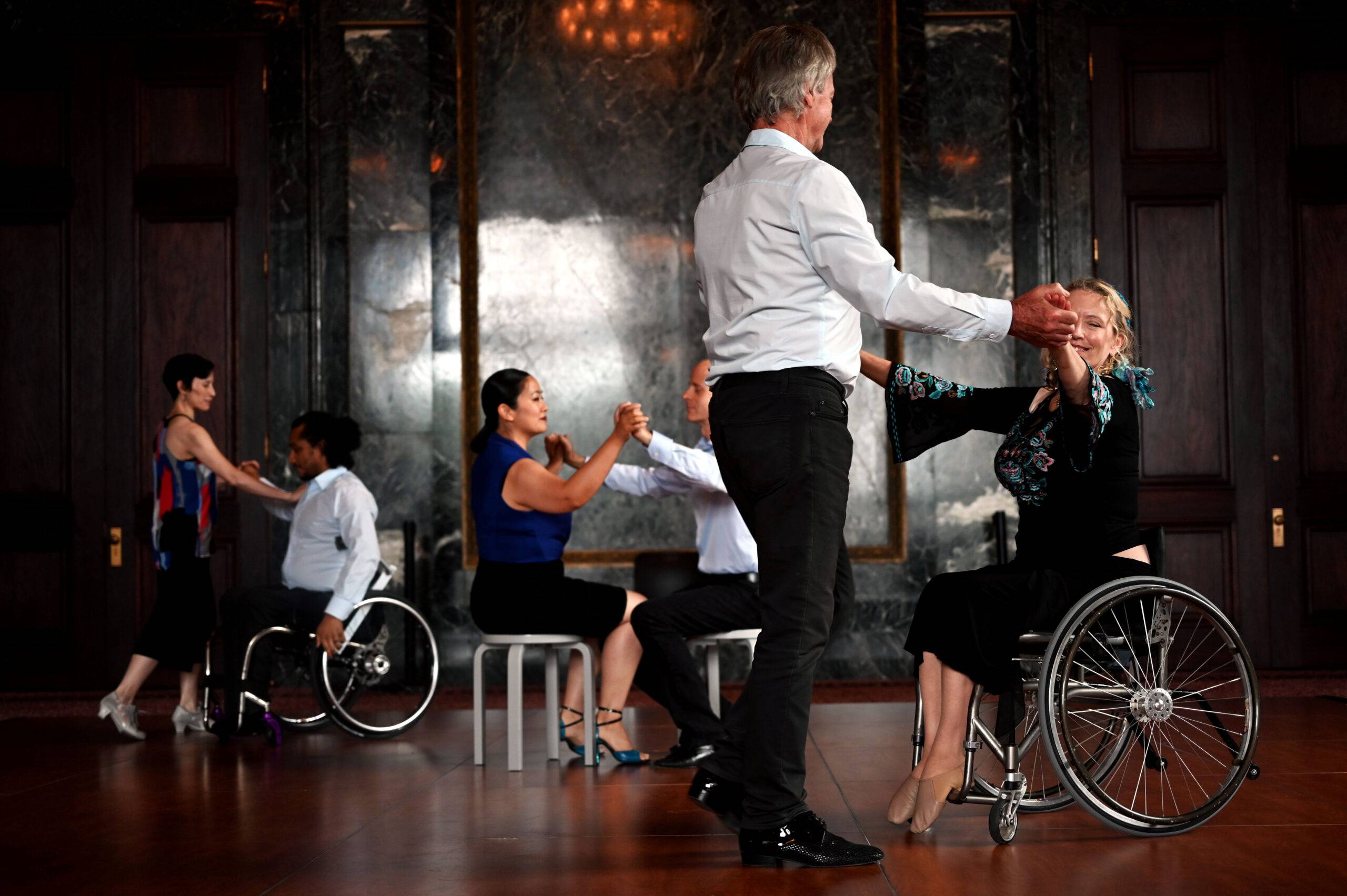
On Feb. 24, 2022, Russia invaded Ukraine, causing mass civilian deaths, casualties, and forceful migration of millions of people who have sought refuge in several other countries.
While the war is continuing, with no signs of ending, many Ukrainians have traveled across the world to share the stories of their experiences and the impact it has had on their mental, social, and psychological well-being. One such person is Pulitzer award-winning Ukrainian journalist Mstyslav Chernov whose first feature film, “20 Days in Mariupol” documents the early days of the Russian invasion, the challenges Ukrainian people faced, and the war atrocities the invasion brought.
Screened for the first time in 2023 at the prestigious Sundance Film Festival, where it even won the Audience Award in the World Cinema Documentary category, the movie has been hailed as an important and moving testament that bears witness to one of the destructive wars of present times.
“Watching Chernov’s film is a humanitarian duty,” writes critic Tomoris Laffly for LA Times.
In an interview with F Newsmagazine’s Managing Editor, Ankit Khadgi, Chernov talks about his movie, what pushed him to make this documentary, and why he believes it is important to document the horrors of the war.
AK: You were in a very dangerous situation, battling for life and death. What was pushing you to take out your camera and document everything?
MC: I have been covering the war in Ukraine for nine years. It’s a personal war happening just at home. I feel as a part of the community I am telling stories about my people. There’s a lot of sense of duty. Of course journalist work is different from the work of doctors and firefighters, where you can immediately see the result of your work. Nevertheless, it feels important. As a part of the community and also an international journalist I have to do my best to keep telling stories of the people of Mariupol and Ukraine resisting Russian invasion as much as I can or as long as I have the technical capabilities to do that.
AK: Can you describe what “20 Days” was like for you?
MC: There were a lot of extreme challenges that we went through which the audience can also experience in the movie. Like all the civilians trapped in Mariupol, we experienced a lack of food, water, and constant bombardments. Adding to that there was always a concern that we needed to charge our batteries somewhere to keep continuing filming and find the internet to send whatever we filmed.
It was probably the hardest, the most dangerous experience I have ever had in my nine-year career as a journalist. That being said, every single person who was in Mariupol at that time, every single journalist who was on the front line at that time, all across Ukraine, were experiencing similar dangers and challenges. The film is told from the perspective of a journalist. So there’s a journalist lens to it. But it’s not only about a journalist. It’s a story about Ukrainian people whose stories we are telling.
AK: Why is it important to document the horrors of war?
MC: We can clearly see what is happening where there are no professional journalists present in the places where there are potential war crimes and human rights violations. We left Mauripol on March 15, 2022. The next day after that there was a tragic event. Russia bombed a drama theater in the city center of Mariupol. After investigating for months we came to the conclusion that at least 500 people could have died. It was a big shelter for a lot of people including children and pregnant women. It is extremely hard to reconstruct what actually happened there. Even harder for criminal prosecutors in the years to come to do that because there will be no visual evidence except satellite images and a few mobile phone photos. That actually shows the importance of the presence of professional journalists in these kinds of places. With all the kind of distrust for journalism in the world, that’s proof of how vital professional journalism is in conflict zones.

AK: In one of [your] previous interviews, you said that the main challenge for you as a filmmaker was to assemble film in a way that shows the gravity of the war but at the same time not push the audience away. Did you think you were able to achieve that? If yes, how?
MC: Making this film was extremely hard for me because my eyes and consciousness are used to graphic images. It was very hard for me to judge how the movie will impact the audience. I am very fortunate that I went through the journey of editing the film with Michelle Mizner. She was an amazing editor. She helped me to find the right balance between not sanitizing the images, showing the reality of war at the same time being respectful towards the victims and the audience. I think we have managed to achieve the balance because the movie is not about the graphic images that we see on the screen but it’s the stories behind them that matter.
AK: What should be the main takeaway of your film for the audience?
MC: I hope the film will have an impact and the chance to energize and move people to act on what they saw.
I think we form our understanding of our past by watching documentary films. We know about the world, we get information about the world around us through headlines and news reports. But we form our understanding of our past through films and books.
That’s why I hope my film will help the next generations of Westerners, Europeans, Ukrainians, and even Russians for that matter, to know what happened at the beginning of the Russian invasion of Ukraine. My film is a record of all those potential war crimes Russia committed, the resilience shown by the Ukrainians, and the immense scale of the fight that was unfolding.







